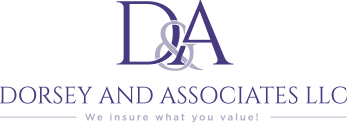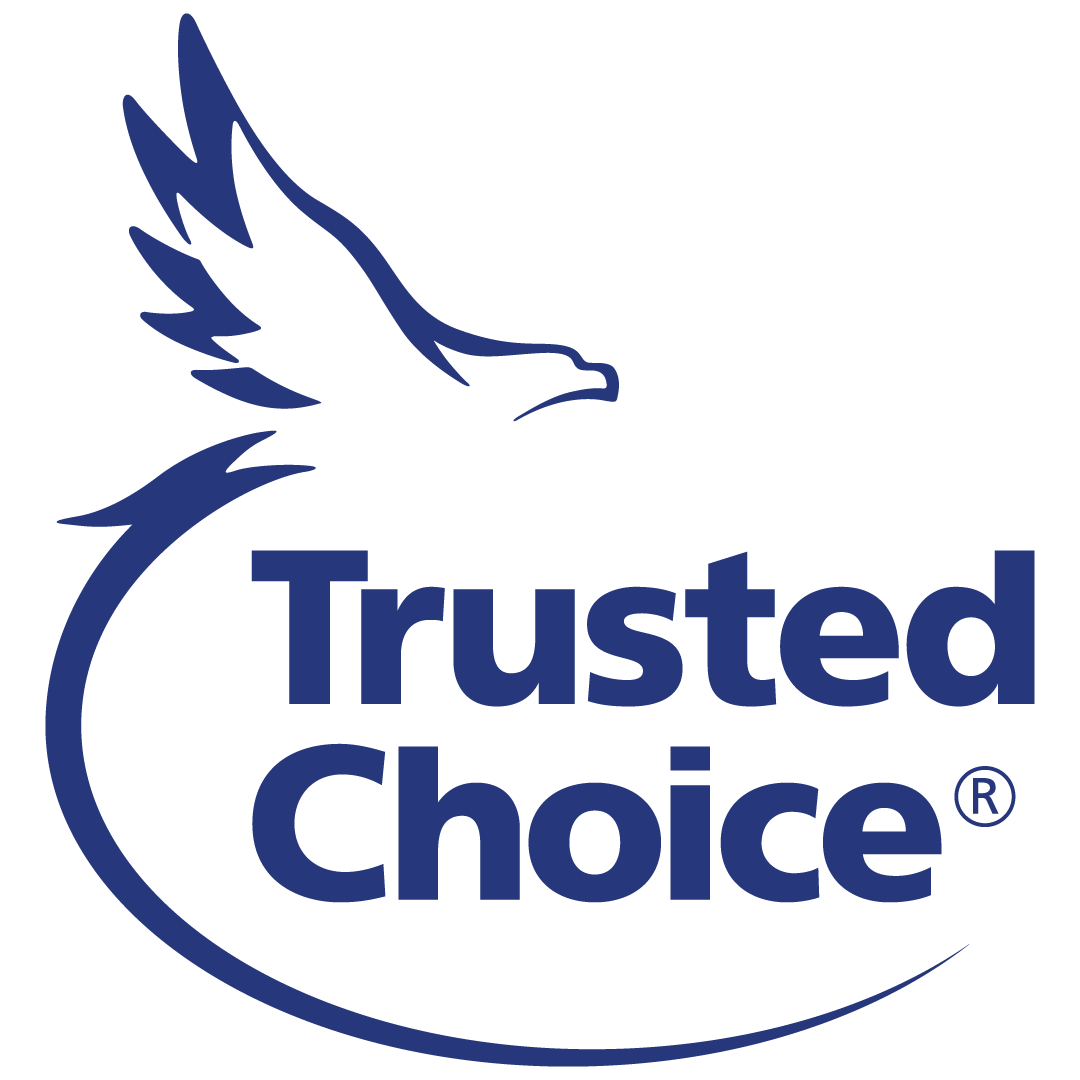Questions? Here are Articles With Answers
Newsletter
Stay informed and inspired with our newsletter, where we deliver exclusive insights, expert financial tips, and updates tailored to empower your journey towards financial well-being with Tota Vita.
Why Every Restaurant Owner Needs Customized Insurance Coverage
Running a restaurant comes with its unique set of challenges and risks, from kitchen fires to foodborne illness outbreaks. Standard business insurance might not fully cover the specific needs of a...
Read more
How to Secure Your Business with Directors and Officers (D&O) Insurance
In today’s complex business landscape, company leaders face an array of risks that can threaten their personal assets and the financial health of the organizations they serve. Directors and...
Read more
Top Questions to Ask When Choosing a Business Insurance Policy
Picking the right business insurance policy is crucial for protecting your company against unforeseen events. With the vast array of insurance products available, it can be challenging to determine...
Read more




